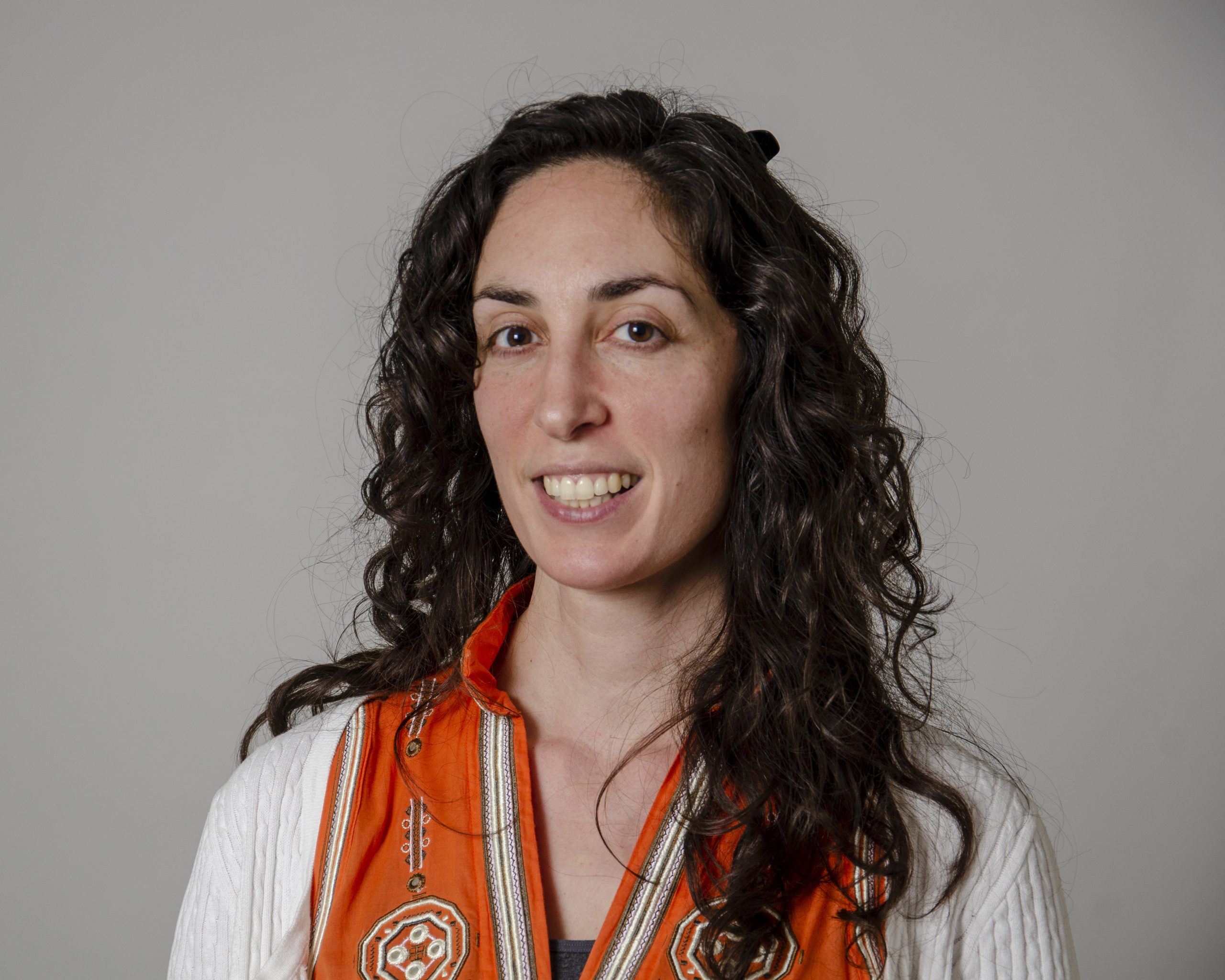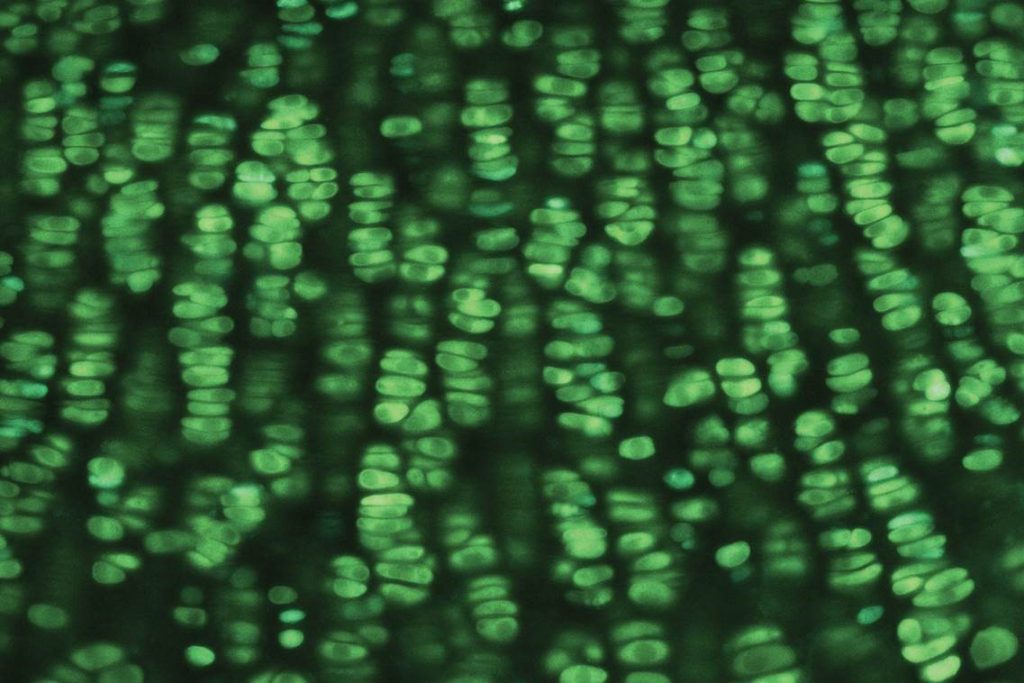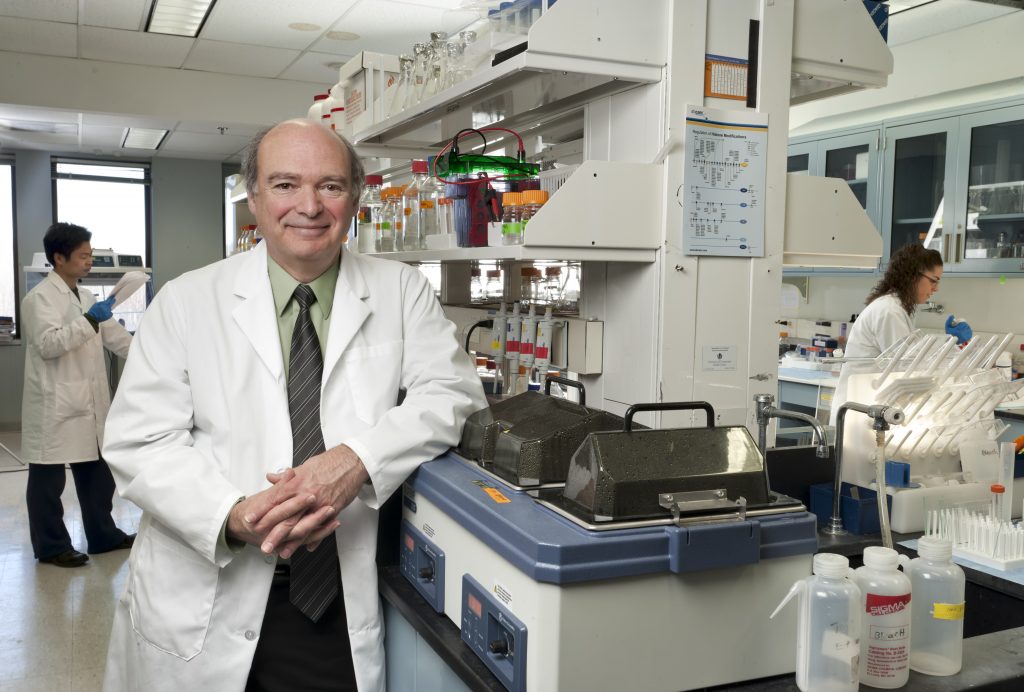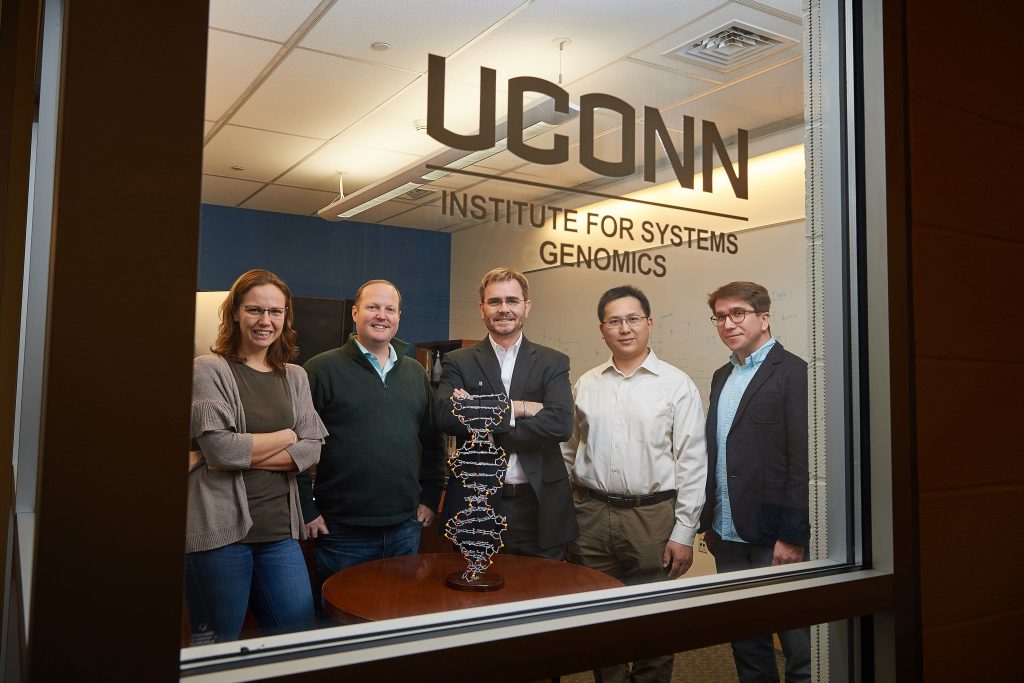
Writer
Kim Krieger
Kim Krieger has covered politics from Capitol Hill and energy commodities from the floor of the New York Mercantile Exchange. Her stories have exposed fraud in the California power markets and mathematical malfeasance in physics. And she knows what really goes on in the National Radio Quiet Zone. These days, Kim tells clear, compelling stories of the research at UConn. Her work connects Connecticut citizens and the press with the vast resources of their flagship public university. When not at UConn, she can be found kayaking among the beautiful Norwalk islands, digging in her garden, or occasionally enjoying the silence in the National Radio Quiet Zone.
Author Archive
Very Special Snowflakes
If you have a theorem in mind you believe holds true for all possible curves, you may want to test it against a snowflake, according to UConn mathematician Vyron Vellis.
March 7, 2018 | Kim Krieger
Figure Skating by the Book
As Olympic figure skating events begin in Pyeongchang, UConn professor Jaci VanHeest discusses the science behind the artistry of today’s elite figure skaters.
February 9, 2018 | Kim Krieger
Fertility Study Offers Unexpected Lead on Dwarfism
In the most common type of dwarfism, the fibroblast growth factor receptor is always 'on' so bones don’t grow enough. UConn Health researchers found a way to block that function in the lab.
February 5, 2018 | Kim Krieger
Giving Silenced Genes a Voice
UConn Health researchers generated cells that expressed the maternal copy of the Prader-Willi gene that, when silenced, causes the life-threatening disorder.
January 25, 2018 | Kim Krieger
Hollywood and Beyond: The Role of Organizations in Preventing Sexual Harassment
How to make good on Oprah Winfrey's promise to young girls that 'a new day is on the horizon,' according to UConn psychologist Vicki Magley.
January 8, 2018 | Kim Krieger
MIRA Awards Reflect Innovation of UConn Scientists
Five UConn Health researchers have won a new type of NIH grant designed to foster innovation and risk-taking in basic medical research.
January 8, 2018 | Kim Krieger
The Keys to a Long and Healthy Life
Research in health psychology over the past 50 years shows that the ingredients for a long, healthy life are within our grasp, according to a meta-analysis by two UConn researchers.
December 29, 2017 | Kim Krieger
Blood Pressure Begins to Decline 14 Years Before Death, Study Says
Previous studies reported falls in blood pressure late in life, but the study by UConn and University of Exeter is the first on individual trajectories before death.
December 4, 2017 | Kim Krieger
Pain Gets Personal: UConn Health to Host Symposium
How to prevent acute pain developing into chronic pain, and how to treat pain without resorting to opioids will be among the topics for discussion.
November 27, 2017 | Kim Krieger
Thanksgiving Turkey Makes You Sleepy? Gobbledygook.
While you may feel sleepy after Thanksgiving dinner, that's not because of the turkey, says UConn neurobiologist John Redden.
November 17, 2017 | Kim Krieger









